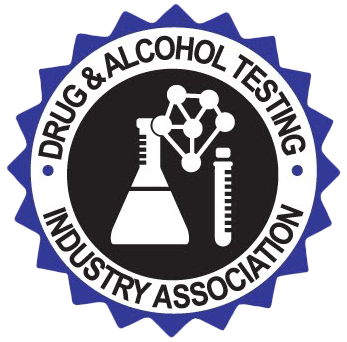
The Importance of a Drug-Safe Manufacturing Workforce
The manufacturing industry is a cornerstone of economic growth, relying on a skilled and focused workforce to maintain productivity and safety. Given the high-risk nature of roles in this sector, including operating heavy machinery, handling hazardous materials, and working in fast-paced environments, maintaining a drug-safe workplace is essential. According to the National Drug Strategy Household Survey 2022–2023, 13% of Australians reported using illicit drugs in the past year, highlighting the need for workplace drug testing to enhance safety and efficiency.
Compliance and Risk Mitigation
The manufacturing sector faces strict drug and alcohol regulations to protect workers and maintain operational standards. Companies implementing regular drug testing mitigate risks, ensuring compliance with workplace safety laws and industry guidelines. Notably, drug-related incidents in the workplace cost Australian businesses billions annually in legal claims, lost productivity, and compensation costs. Ongoing monitoring and enforcement of drug policies help businesses reduce liability while fostering a culture of safety and accountability.
Impact on Productivity and Attendance
Substance abuse contributes to absenteeism and reduced efficiency, disrupting production schedules and increasing workplace hazards. Substantial evidence suggests a significant association between drug and alcohol abuse (DOA) and increased workplace absenteeism. Roche, Pidd, and Kostadinov (2016) reported an annual loss of approximately 2.5 million workdays due to DOA-related absenteeism, resulting in a substantial financial deficit of $680 million. Drug testing identifies and addresses substance abuse early, fostering a safer, more productive workforce and minimizing operational disruptions.
Reputation, Trust, and Industry Standards
Workplace safety and company reputation are critical in manufacturing, particularly in industries supplying essential goods. A single drug-related accident can result in significant operational downtime, reputational damage, and loss of client trust. With one in eight Australians reporting illicit drug use, proactive workplace policies help safeguard company integrity, ensure compliance, and maintain high industry standards.
Implementing Effective Drug Testing Programs
A robust drug testing strategy should include pre-employment screening, random testing, and post-incident testing. The side effects of drug misuse can negatively impact an individual’s long-term health, affecting other aspects of their life and work performance. To address these risks, workplaces are encouraged to establish comprehensive DOA policies. Brassets Group is committed to partnering with clients to develop and implement robust and efficient Drug and Alcohol Management strategies, including the implementation of comprehensive testing methods. Implementing such programs helps businesses comply with regulations, protect employees, and contribute to a safer and more productive manufacturing environment.










